Human Rights and your health
Section 27 of our Constitution states that all South Africans have the right to access health care. As we age, that right becomes more important. Because, diseases like cancer, diabetes, arthritis and high blood pressure are more common in older people. So too are problems with vision and hearing.
But, although the right to health care applies equally to all South Africans, in our unequal society, the reality is very different.
If you are comfortably off, with a good medical aid and your own car, you have immediate access to quality private health care. But if you come from a poor urban or rural background, you have to rely on State hospitals and clinics, which are often inadequately resourced or difficult to access.
Too ill to travel to a health facility
By law, the Department of Health must provide free health care services to all older persons who are not part of a private medical aid scheme. But elderly people living in rural areas may not be able to walk long distances to the nearest hospital or clinic. And they may not be able to afford to pay for transport. Dangerously ill people may wait hours for an ambulance to arrive, if it arrives at all. The irony is that at times, the elderly are too ill to make the trip to a health facility.
Even when they do manage to get to the hospital or clinic, older people are often treated with a lack of empathy or respect by health care professionals who are not trained in elder care. Being treated like a child, or shouted at because you can’t hear properly, strips you of your dignity and makes the whole experience upsetting and degrading. Having to wait hours to see the doctor, or being told rudely to ‘come back tomorrow’, when you’ve spent your last few rands on the taxi fare, makes a mockery of our right to access health care.
Yet elders in this situation are unlikely to stand up for themselves and demand their rights. Often, they don’t even know that they have rights. Many lacked the opportunity to attend school or dropped out at an early age and have little or no access to this type of information.
Lack of awareness of human rights
Lack of awareness impacts on health in other ways as well. In South Africa, many older persons take on the role of caring for grandchildren, including those who have been orphaned because of tuberculosis and HIV/AIDS. A number of family members may live together, crowded into a single room – ideal conditions for the spread of TB. But elders are not included in routine HIV/AIDS screening or counselling in the public health care sector, nor are they made aware of how to manage chronic conditions.
Effects of poverty on health
Poverty also takes its toll on older people, as it is a major cause of poor nutrition. Elders are usually unemployed or have retired due to age. Those who receive old age grants may not be able to buy food that is appropriate for their health conditions. And many go without food themselves because their grant money is all that is available to sustain their unemployed children and grandchildren.
Elders who live in residential care facilities are better placed to access their right to health care. Tafta staff are aware of the Department of Health’s responsibility and will ensure that elders in their care receive medical help where necessary. Many old age homes offer transport to enable elders to get to State hospitals or clinics. But that still leaves the problem of long queues and health care staff who have a poor understanding of older persons’ specific health needs.
Low cost clinic at Tafta
With these issues in mind, Tafta is embarking on an ambitious new project to set up a primary health care clinic within one of its homes – Kings Hall in the Durban CBD. The clinic would not only serve the 200 residents of the building, but also elders living in other Tafta Homes and the surrounding community.

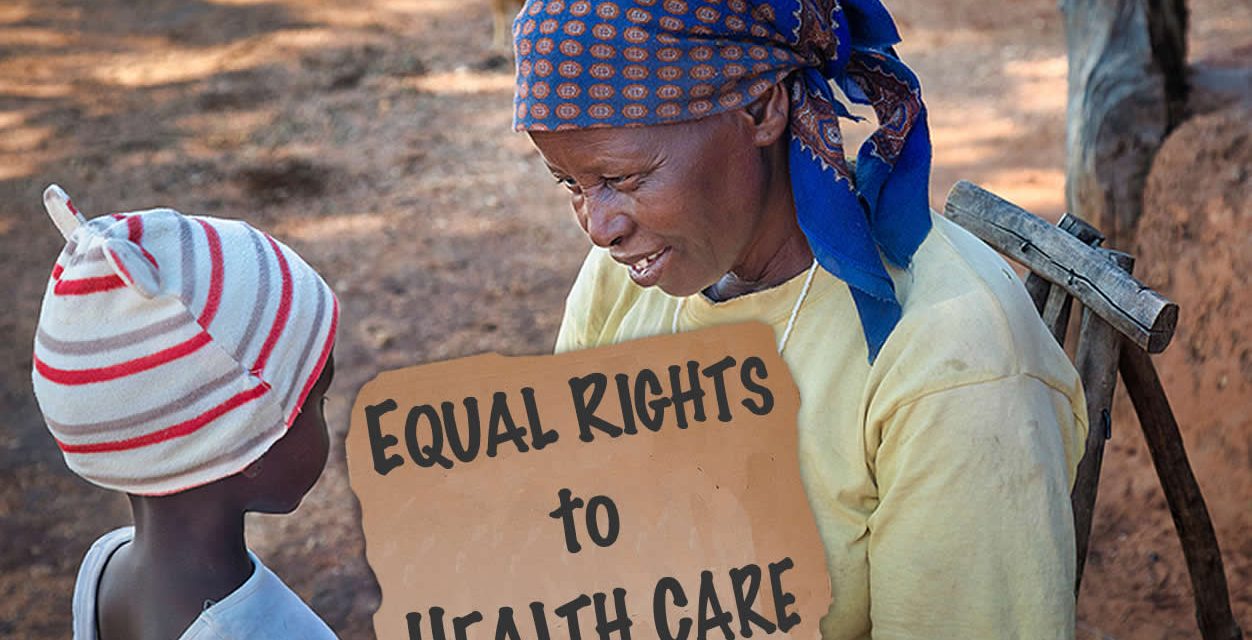
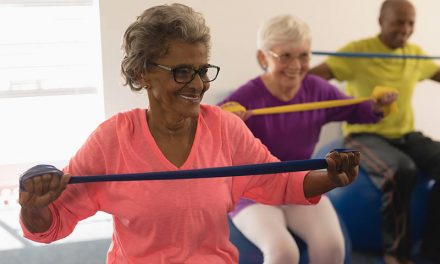
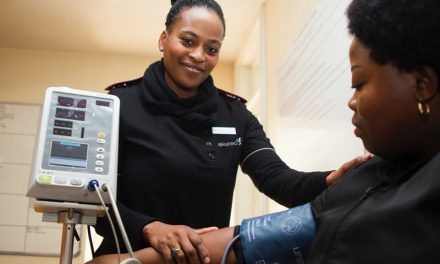
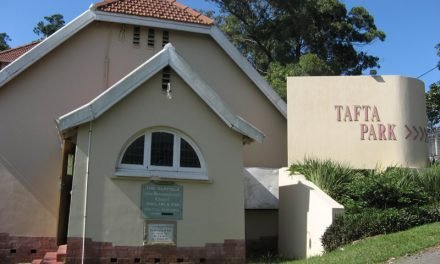
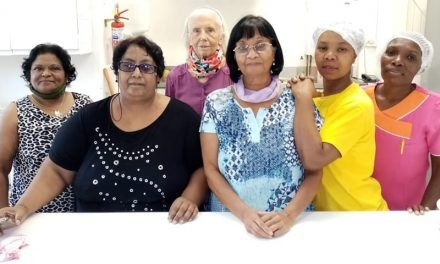
 Tee off at Tafta’s Golf Day Fundraiser
Tee off at Tafta’s Golf Day Fundraiser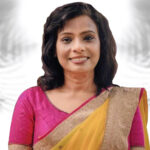 FullBright scholar arrives in June
FullBright scholar arrives in June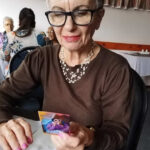 Conversation Cards break communication barriers
Conversation Cards break communication barriers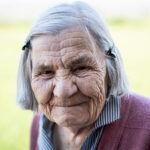 Secrets to longevity – what are they?
Secrets to longevity – what are they?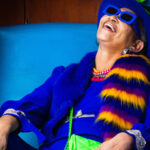 Overcoming the ‘invisible woman’ syndrome
Overcoming the ‘invisible woman’ syndrome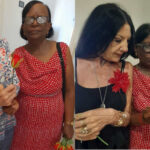 Saying it with flowers
Saying it with flowers Leap year – an extra ‘bonus’ day to show your love
Leap year – an extra ‘bonus’ day to show your love Save tax with Section 18A
Save tax with Section 18A Intergenerational communication is key
Intergenerational communication is key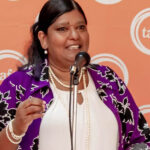 Tafta CEO elected Vice Chair of CommonAge
Tafta CEO elected Vice Chair of CommonAge